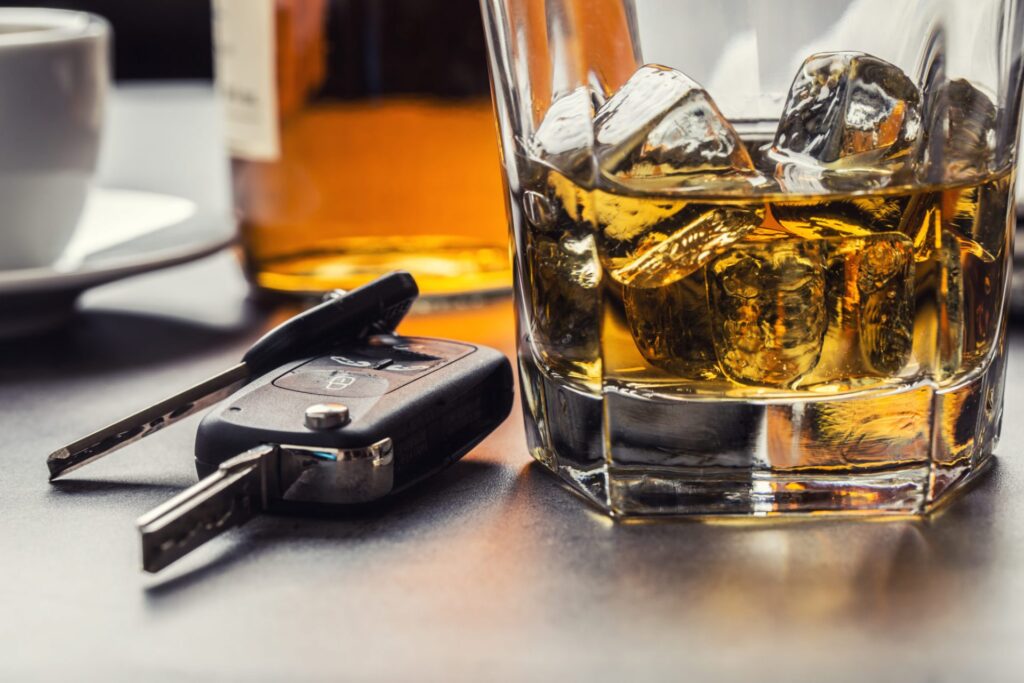In our last blog post, we discussed how West Virginia had just joined California as one of the states where people could be arrested for operating under the influence (OUI) even though they’d never left their own property. Whenever this kind of action happens in other states, Mainers often wonder how it impacts their own lives. After all, each state has its own set of laws, so what happens in West Virginia stays in West Virginia, right?
Not quite.
In fact, there are several ramifications and nuances to this West Virginia case that can have an impact on our OUI laws here in Maine.
West Virginia Thinks It’s Following Maine
When the Supreme Court of West Virginia was faced with the issue of whether OUI laws prevented people from driving drunk on their own farmland, the judges on the court did what is known as a “jurisdictional sweep” – they looked at other states to see how they handled the issue. Their research led them to believe that there were nearly two dozen other states in the U.S. that outlawed drunk driving on private property.
According to the Supreme Court of West Virginia, Maine is one of those states.
While West Virginia is not entirely right in this regard, they’re also not entirely wrong, either.
The Supreme Court of West Virginia pointed to a Maine case from back in 1987, State v. McDonald, as evidence that drunk driving on private land is illegal. However, McDonald dealt with an old version of Maine’s OUI laws, which have since been amended numerous times. Those amendments to our OUI law since McDonald, though, indicate that you can be charged for OUI on your private property, because the law does not reference driving on a public vs. private way. Instead, the law just says “operating a motor vehicle under the influence”, which means you can be charged with OUI in Maine if you’re driving drunk on your private property.
Despite the lack of language in Maine’s statute regarding operation on a public vs. private way, the fact that West Virginia thinks that Maine outlaws drunk driving on private property is irrelevant to Maine law.
How to Read Similar OUI Statutes
Perhaps the more important impact that West Virginia’s decision will have on Maine’s OUI law is the fact that Maine’s OUI law is similar to West Virginia’s OUI law in that neither statute specifies where the intoxicated driving has to occur. West Virginia decided that the absence of any language preventing police from making OUI arrests on private property was a sign that they could do it. The Maine Law Court has historically denied any challenges to the law where OUI arrests take place in cases involving operation on private property.
Maine OUI-Defense Attorney William T. Bly
West Virginia’s decision to outlaw drunk driving on private property can have widespread repercussions, and can even impact Maine’s OUI laws. It’s just another sign of how drunk driving laws in the U.S. are overreaching their intended boundaries – being under the influence while on your own land puts no one at risk other than yourself, yet now it can put you in legal trouble.
Maine OUI-defense attorney William T. Bly defends people who have been charged with OUI in the state of Maine. If you’re facing OUI charges, contact his law office online or at (207) 571-8146 for vigorous defense.
